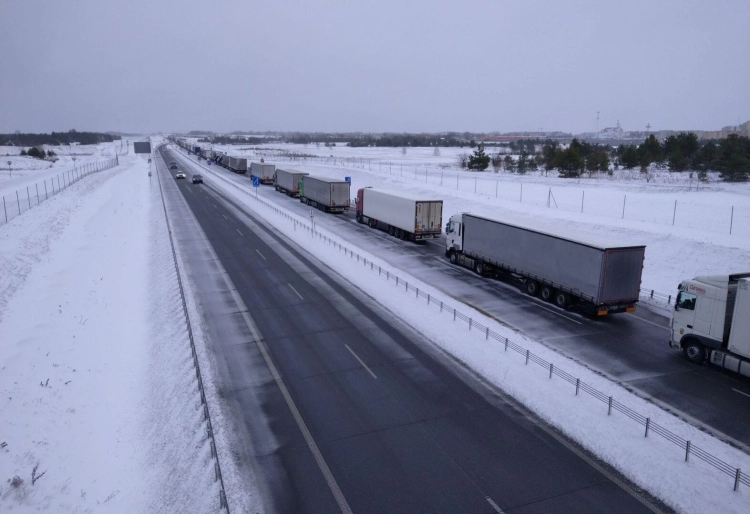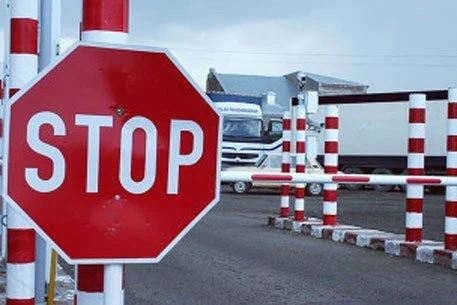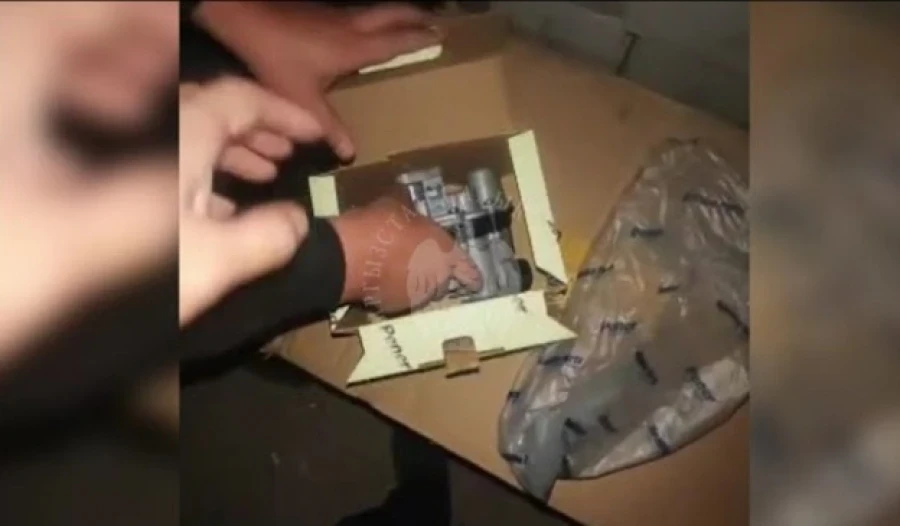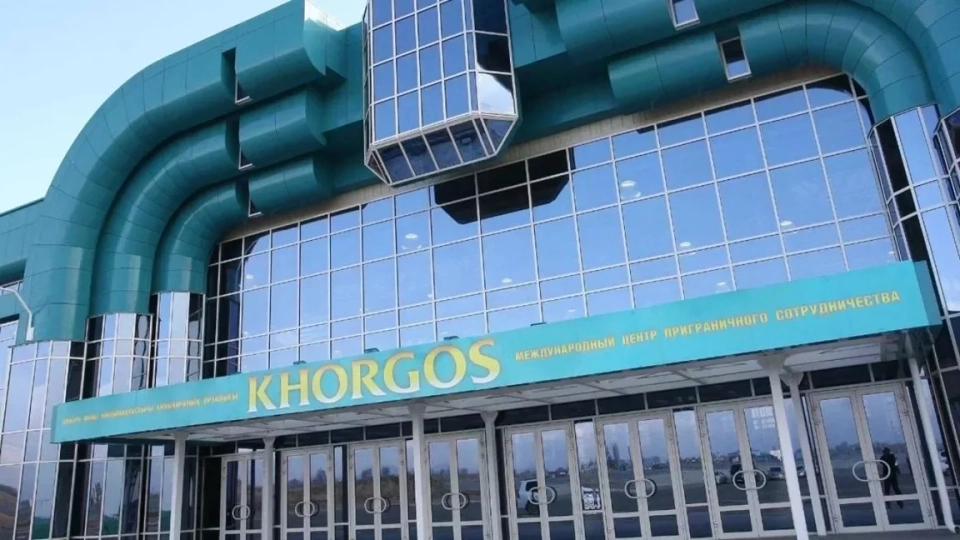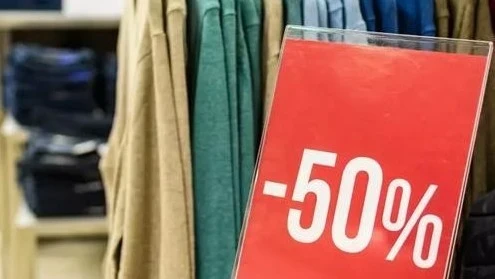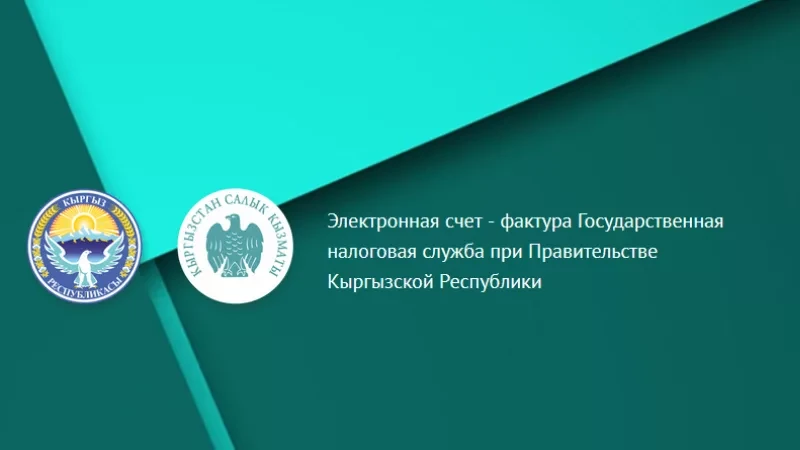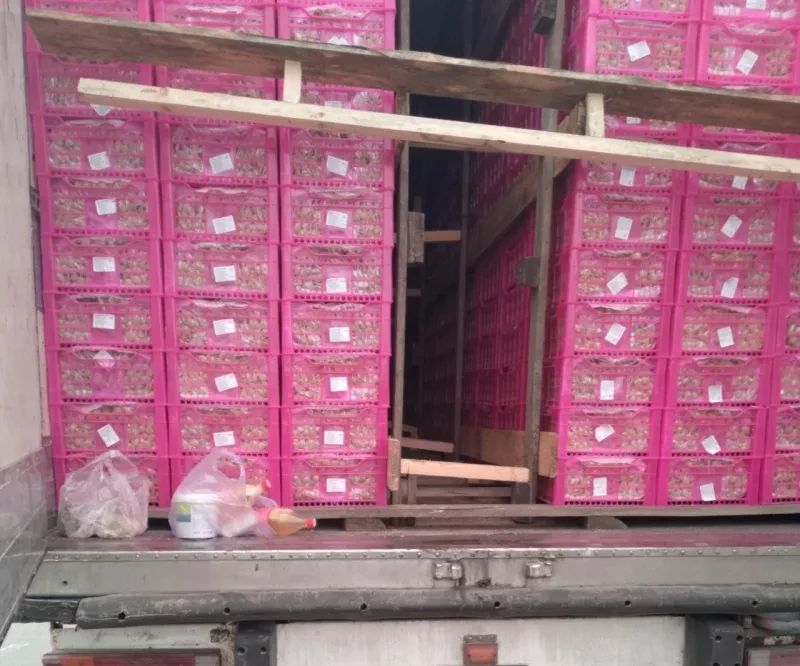— How did the cargo scheme function?
Goods were handed over to cargo companies, which handled all the documentation on their behalf and carried out the import into Russia. This scheme existed for decades, starting from the period when offline trade dominated, until the emergence of marketplaces. With the transition to online trading, many Kyrgyz sellers registered as individual entrepreneurs and limited liability companies began working with Wildberries, continuing to use the same scheme.
The process in this format continued until September 15, when intensive inspections began at the border. For almost two months, inspections became stricter: the number of employees at the border checkpoint increased from 20 to 200. This led to all cargo being checked now.
Due to the new measures, logistics costs have significantly increased: if previously cargo cost 50 rubles per kilogram, now this amount has risen to 250-300 rubles, which, in turn, affects the final cost of goods. Delivery times have also increased — they can range from 1 to 2 months.
— What exactly is checked at the border and what violations are discovered?
Some cargo arriving through Kyrgyzstan was registered as re-export: goods from China were indicated as produced in Kyrgyzstan. This is uncovered during inspections. For example, documents may list shoes, but inside the trucks, tablets and phones are found. The same applies to consumer goods: on the documents, they may be local products, but in reality, they are Chinese products.
As a result, such cargo is sent to temporary storage warehouses (TSW) for additional verification of documents and their compliance with the actual contents. If the documents do not match, the cargo is confiscated. Previously, about 400 bags could fit in one truck: of these, 200-300 were local products with proper documentation, while the rest were Chinese re-exports mixed with local goods. Now the control has become stricter, and corrupt schemes have been almost eliminated.
— What documents are needed for legal import?
For "white" imports, a standard package of documents is required, including:
- a contract indicating the sender, recipient, manufacturer, and country of origin;
- shipping documents;
- declarations and certificates of conformity;
- proof of origin;
- full electronic document flow: electronic transport invoice, export invoice, CMR, customs declaration, specifications.
All documents must be authentic and verifiable in the systems.
— Tell us about the inspection process, temporary warehouses, and processing times.
Even if the cargo is legal and all documents are in order, by order of the President of Russia, upon entering the country, the cargo must undergo inspection at the temporary storage warehouse (TSW), for example, in the Samara region (Tolyatti). Here, all documents, the goods, and the transport itself are checked. If everything matches, usually within 2-3 days, the vehicle leaves the warehouse. Currently, legal cargo is delivered in 10-12 days, while "gray" cargo with document issues can remain under additional inspection for up to 2-3 months.
Signals about upcoming strict inspections were received in advance; however, our state authorities were not prepared for this. Attempts to resolve the issue were unsuccessful. The Russian side clearly stated: "Legalize yourselves." Within the framework of the customs union, there was enough time to legalize the economy, but, as is often the case, we did not manage to prepare in time and realized it at the last moment.
— What are the losses from the current situation?
Due to these changes, we have already missed the autumn-winter season. Personally, I have almost 20,000 units of goods worth about 16 million soms that have been stuck at the border for two months. We strive to operate legally, but under the new decree in Russia, a recipient is required — a Russian legal entity or individual entrepreneur who will confirm that the goods are intended for them and that they are responsible for them. Additionally, it is necessary to pay the import VAT — 20% (after the New Year — 22%). It is also necessary to obtain labeling from "Honest Sign," which requires a labeling contract and indication of the place of production (Kyrgyzstan). After that, the goods are transferred to the importer in Russia, who enters the labeling codes into circulation, and the goods become officially labeled.
As for the sewing workshops, they continue to sew and send orders, but the goods are stuck at the border. Recipients must quickly accept these cargoes and deliver them to marketplaces or markets for sale to recover money and make payments. How can this be done if the goods have been in limbo for two months? I am personally facing a cash flow gap — we have not been able to sell our products for two months. The season is lost. Those who managed to sell are lucky.
Sewing workshops are left without orders, and employees are sitting without work. Many are forced to send workers on leave. Some enterprises have foreign workers (from Bangladesh, India), who have to be sent home as the costs become too high — it is necessary to pay for housing, food, and taxes. I have never seen such stagnation and crisis in the industry. It will be difficult to recover at the previous pace without state support. If assistance is not provided, the situation may become critical.
Russia has strictly closed gray schemes and demands legalization. It is possible to work, but only with transparent documents, a Russian recipient, payment of import VAT, and labeling from "Honest Sign." This will increase costs by 10-20%, but will help avoid long delays at TSW and confiscations. Without systematic support from the state, the industry will find it extremely difficult to cope with the current challenges.

